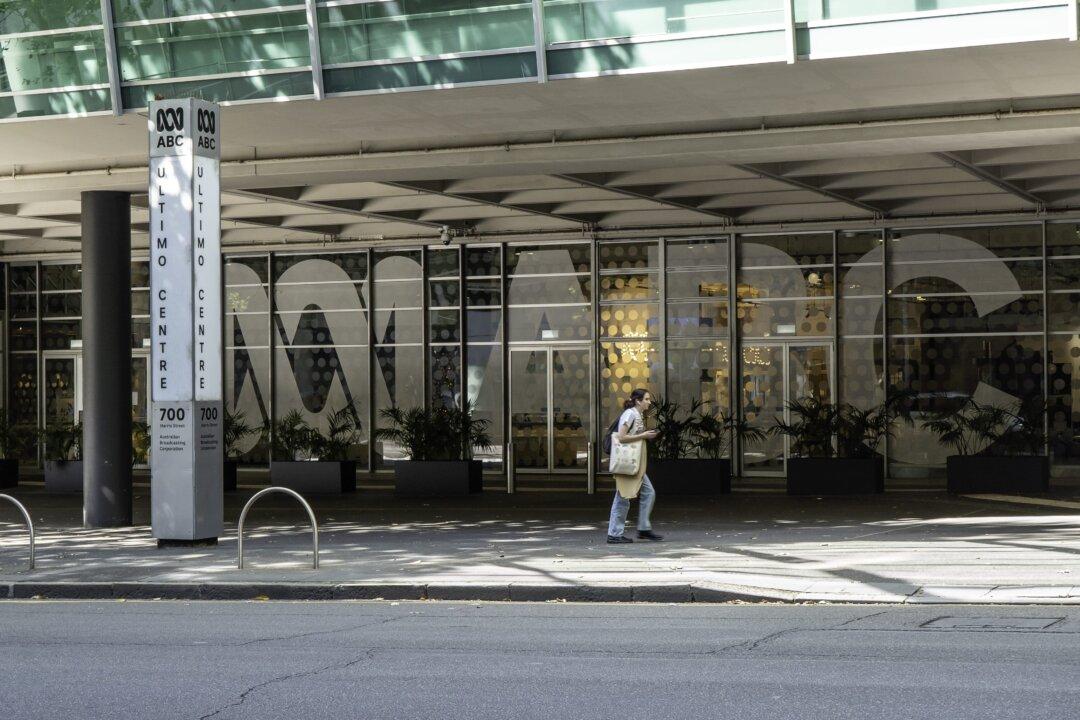An internal Australian Broadcasting Corporation (ABC) report has found that the public broadcaster gave more than twice the amount of coverage to content in favour of The Voice proposal to change the Constitution, than it did to negative or undecided views.
The Voice was a referendum to determine whether an indigenous “Voice to Parliament” should be enshrined in the Constitution. The official campaign period started on Aug. 30, 2023 and the vote occurred on Oct. 14, with 60.06 percent voting “no.”





